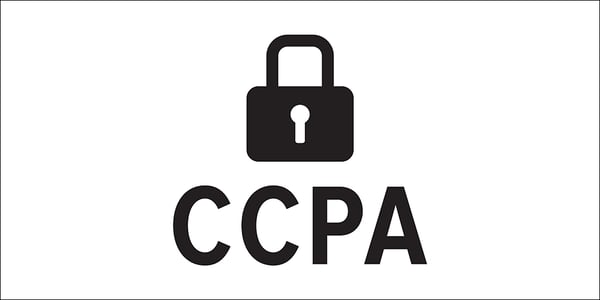
This week's review of ad fraud and quality in the digital advertising space.
Pixalate this week announced the first-ever Connected TV/OTT Seller Trust Index (CSTI), a breakthrough addition to Pixalate’s suite of programmatic seller quality rankings.
Pixalate’s new CSTI ranks the overall quality of programmatic sellers across three major OTT/CTV platforms: Roku, Amazon, and Samsung.
Among the top current performers are Telaria, FreeWheel, and Verizon Media.

"Comcast's FreeWheel is the only supply-side platform (SSP) to score an 'A' grade for its handling of inventory on the Big 3 connected TV (CTV) advertising platforms, according to a unique new analysis released today by programmatic ad fraud and compliance tracker Pixalate," reported MediaPost.

"Connected TV was the star of this year’s NewFronts presentations, but that doesn’t mean it’s easy to buy," reported Adweek. "But buying CTV inventory through programmatic channels often means marketers don’t know what content their ads are running against, since publishers typically don’t pass programming information through the bid stream, citing privacy reasons and a desire to avoid cherry-picking of content."

"California’s privacy law, often called the broadest law for digital privacy in the United States, can finally be enforced starting [July 1]," reported the Washington Post. "And despite industry calls for the state to hold off because of the novel coronavirus pandemic, Attorney General Xavier Becerra is forging ahead."

"Hundreds of companies have promised to halt advertising on Facebook and its sibling platform Instagram," reported CNN on the ongoing Facebook ad boycott. "But even as a steady drumbeat of household names like The North Face (VFC), Pfizer (PFE) and Levi Strauss (LEVI) have joined the pressure campaign over the social network's handling of hate speech and misinformation, the vast majority of Facebook (FB)'s biggest advertisers — the ones with presumably the most leverage -- have stayed quiet," the article added.
*By entering your email address and clicking Subscribe, you are agreeing to our Terms of Use and Privacy Policy.
These Stories on Weekly Recaps
*By entering your email address and clicking Subscribe, you are agreeing to our Terms of Use and Privacy Policy.

Disclaimer: The content of this page reflects Pixalate’s opinions with respect to the factors that Pixalate believes can be useful to the digital media industry. Any proprietary data shared is grounded in Pixalate’s proprietary technology and analytics, which Pixalate is continuously evaluating and updating. Any references to outside sources should not be construed as endorsements. Pixalate’s opinions are just that - opinion, not facts or guarantees.
Per the MRC, “'Fraud' is not intended to represent fraud as defined in various laws, statutes and ordinances or as conventionally used in U.S. Court or other legal proceedings, but rather a custom definition strictly for advertising measurement purposes. Also per the MRC, “‘Invalid Traffic’ is defined generally as traffic that does not meet certain ad serving quality or completeness criteria, or otherwise does not represent legitimate ad traffic that should be included in measurement counts. Among the reasons why ad traffic may be deemed invalid is it is a result of non-human traffic (spiders, bots, etc.), or activity designed to produce fraudulent traffic.”

